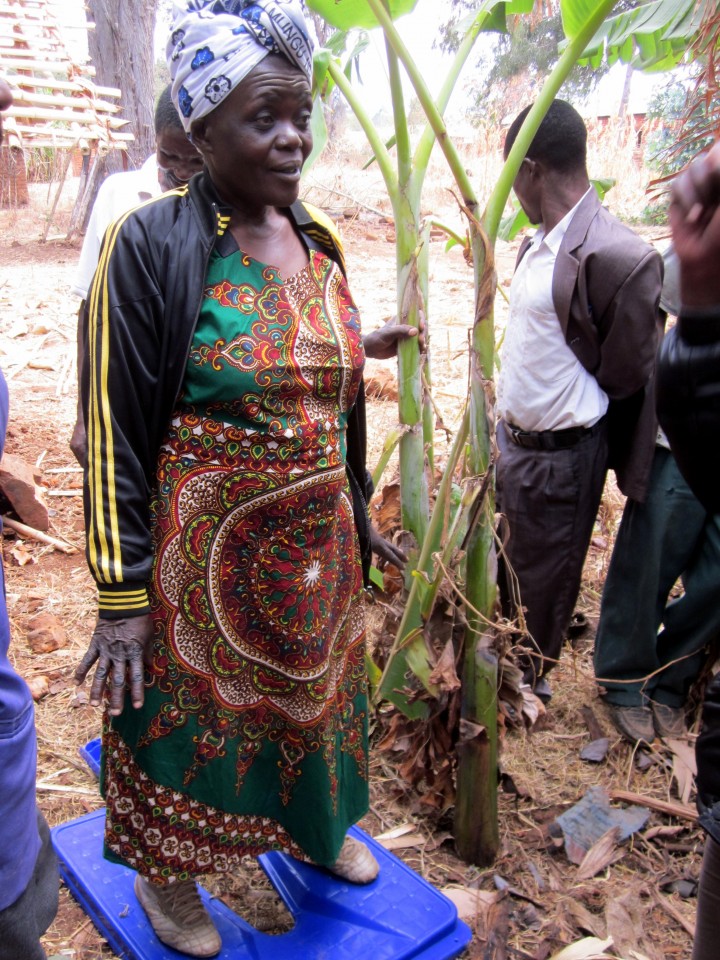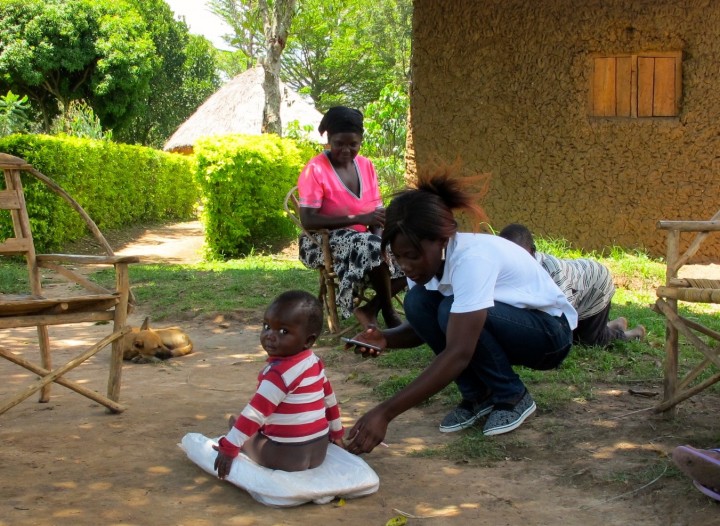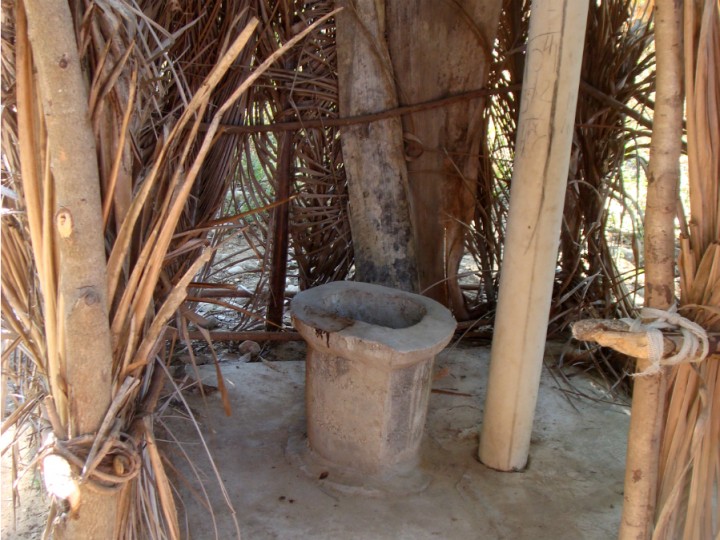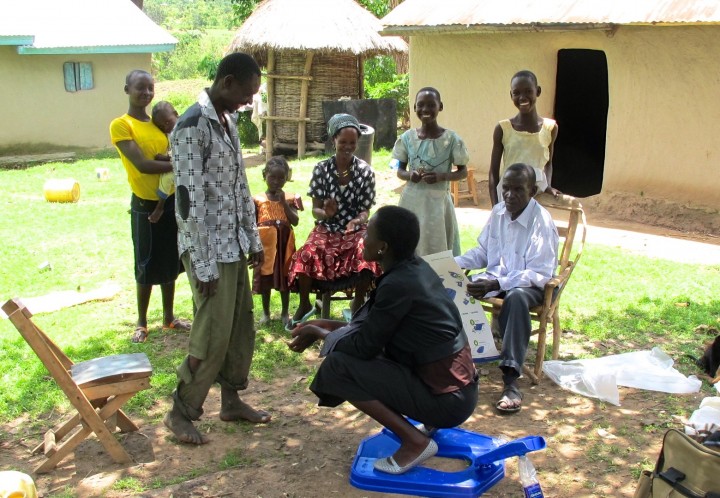2018 - 2019 Urban Sanitation Economics Measure and compare the full life-cycle costs of high-quality sanitation products and services with willingness-to-pay for these products and services by low-income households.
Through their Urban Sanitation Research Initiative, Water and Sanitation for the Urban Poor (WSUP) has commissioned Aquaya to measure and compare the full life-cycle costs of high-quality sanitation products and services with willingness-to-pay for these products and services by low-income households. This research will be conducted in a single city in each of three countries (Bangladesh, Ghana, and Kenya) and will include the following activities: 1. […]
2014 - 2015 The Market for Rural Sanitation, Tanzania What is the willingness-to-pay for improved sanitation flooring in rural Tanzania?
With support from the Water and Sanitation Program of the World Bank, Aquaya investigated supply chains for improved latrine slabs in rural Tanzania and measured consumer willingness-to-pay for different latrine slab products among 1, 500 randomly selected households in two districts. Forty village-level retailers also participated in the study. Through its National Sanitation Campaign, Tanzania’s Ministry of Health and Social Welfare is promoting concrete and plastic […]
2015 - 2017 Evaluating Marketing Strategies for Rural Sanitation Products What are effective marketing strategies, health benefits, and consumers' willingness-to-pay for plastic latrine slabs in Kenya?
In collaboration with the Water and Sanitation Program of the World Bank, Aquaya developed and conducted a randomized controlled trial in rural Kenya aimed to compare different marketing strategies for plastic latrine slabs and assess their health benefits. This study supported the Water and Sanitation Program’s ‘Selling Sanitation’ initiative and its goal of developing and promoting market based sanitation solutions that are appropriate for rural settings […]
2017 - 2017 Sanitation value chain study in rural areas and small towns in Haiti What are the existing challenges and opportunities along the sanitation chain in rural Haiti?
Aquaya designed and executed a value chain analysis on sanitation products and services available in small towns and rural areas in Haiti. The study was conducted at national level; however a special focus was placed on the Centre, Sud, Grande Anse and Nippes departments where more intensive supply-chain strengthening activities will take place through World Bank operations. The border area with the Dominican Republic also […]
2016 - 2021 WASHPaLS What sanitation interventions have been effective in increasing access to improved sanitation globally?
Aquaya was selected in conjunction with Tetra Tech, FHI 360, and FSG (India), to lead a USAID market-based sanitation analysis over the coming 5 years. The goal of the program is to strengthen USAID’s WASH programming at a country level and enhance global learning and adoption of the evidence-based programmatic foundations needed to achieve of the SDGs. The geographic focus is still to be determined, […]




